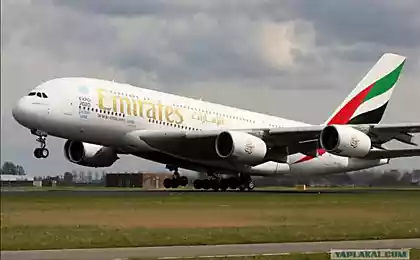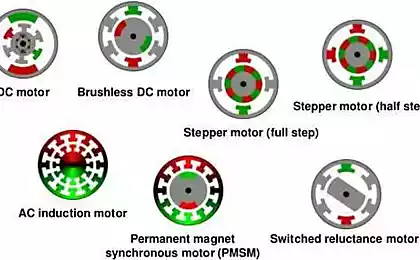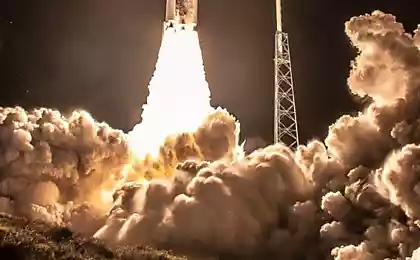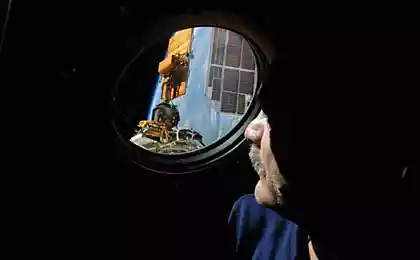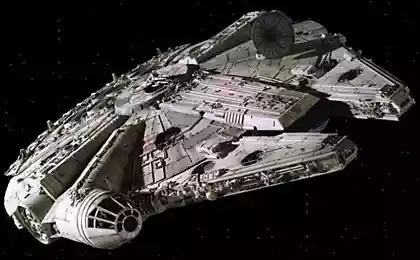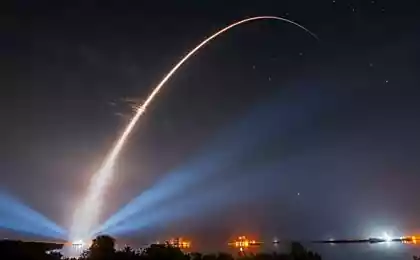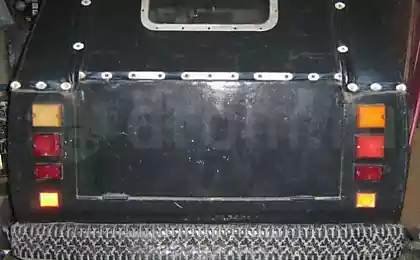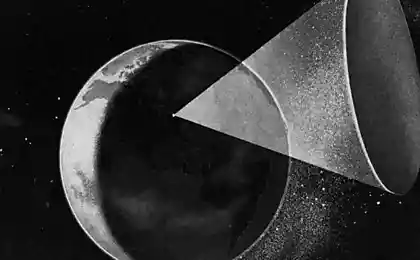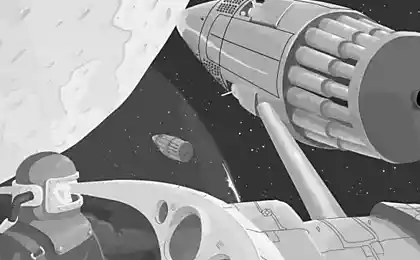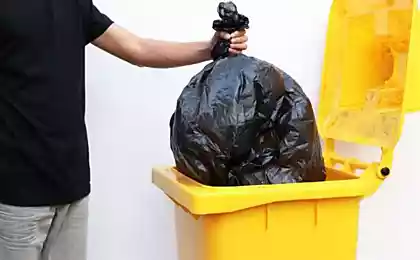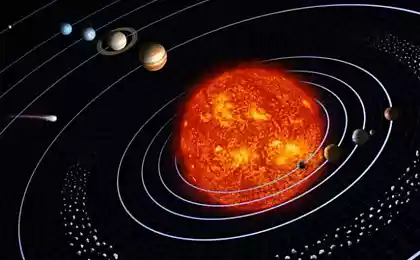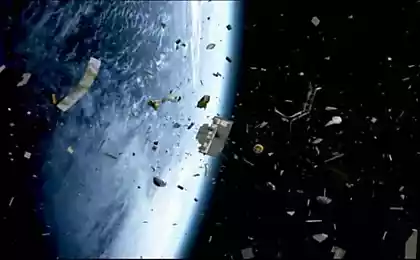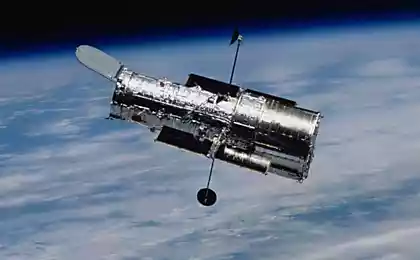830
Orbital-sales service
I have over 5 years working in the aerospace industry. And in that short period of time has worked on «Sea - Launch», just visit the «Land Launch» and launching rocket «Antares» company «Orbital». All this is fine and interesting work is full of experiences, contacts with new people and traveling the world.
But the history of the "space exploration" a man no one thought much about those objects that are hanging around the Earth. This problem began to consider only in the last 10 years and still have not found standing to address this issue.
I read a lot about the possible ways of cleaning the orbit of fine dust of 1-10 cm from the end of their term of satellites that "hang" on geostationary, but did not see anything worthwhile. Not only that geostationary satellites scored inoperative and the so-called slot in orbit already exorbitant costs money, so still and there was a likelihood that soon these "slots" will not remain at all. A small debris, which are mainly in low orbit, can cause harm not only satellites and the ISS, but also the lives of astronauts to go into space. (I am not in any way draw an analogy with the film "Gravity", as this is complete nonsense, and not a movie, but this is my personal opinion). In this connection, space agencies of the world began to develop different ways to remove debris.
Online quite a lot of different articles on this subject and I think people who are interested in it, has long been aware of the possible ways to remove space debris.
I also want to talk about theoretical development, which will clear the geostationary orbit satellites from idle. As you know, from a distance of 30,000 kilometers from the satellite unit will "fall" more than 100 years. If it will happen naturally. Accordingly, it should give some impetus and trajectory at which it will come down and burn up in the atmosphere, or else drag it into orbit "dumping." Of course, all this can be done with existing boosters, which displays the new satellites into orbit, leaving them in the supply of fuel to go to the non-working companion and give him the impetus to de-orbit. But it is not advisable for economic reasons.
It would be interesting to run a transport space module that will use plasma ion engine (have a working sample) and serve as a space "garbage man". The service life of the engine after the tests carried out was 10 000 hours, which will allow him to successfully move in a vacuum for a long time. And to clear the "slots" for new satellites. Just In parallel refueling already orbiting satellites to extend the operational life. Since it is known that many satellites keep operating equipment for signal transmission, but due to the fact that the fuel ends bortub lose orientation and coverage. Although can last for many years.
This will be a new direction in rocket space industry, which will be called "Orbital-sales service."
These modules will be a kind of service centers that will extend the life of satellite phones, as well as clear the orbit by the end of their term of satellites. Or adjust derived failed satellites. I personally encountered such a case for output to one of the satellites orbit IntelSat. They had to spend a lot of fuel for its stabilization in orbit.
It would be interesting to know your opinion on this matter. And who has any concerns in the development of such areas.
Source: geektimes.ru/post/240846/
But the history of the "space exploration" a man no one thought much about those objects that are hanging around the Earth. This problem began to consider only in the last 10 years and still have not found standing to address this issue.
I read a lot about the possible ways of cleaning the orbit of fine dust of 1-10 cm from the end of their term of satellites that "hang" on geostationary, but did not see anything worthwhile. Not only that geostationary satellites scored inoperative and the so-called slot in orbit already exorbitant costs money, so still and there was a likelihood that soon these "slots" will not remain at all. A small debris, which are mainly in low orbit, can cause harm not only satellites and the ISS, but also the lives of astronauts to go into space. (I am not in any way draw an analogy with the film "Gravity", as this is complete nonsense, and not a movie, but this is my personal opinion). In this connection, space agencies of the world began to develop different ways to remove debris.
Online quite a lot of different articles on this subject and I think people who are interested in it, has long been aware of the possible ways to remove space debris.
I also want to talk about theoretical development, which will clear the geostationary orbit satellites from idle. As you know, from a distance of 30,000 kilometers from the satellite unit will "fall" more than 100 years. If it will happen naturally. Accordingly, it should give some impetus and trajectory at which it will come down and burn up in the atmosphere, or else drag it into orbit "dumping." Of course, all this can be done with existing boosters, which displays the new satellites into orbit, leaving them in the supply of fuel to go to the non-working companion and give him the impetus to de-orbit. But it is not advisable for economic reasons.
It would be interesting to run a transport space module that will use plasma ion engine (have a working sample) and serve as a space "garbage man". The service life of the engine after the tests carried out was 10 000 hours, which will allow him to successfully move in a vacuum for a long time. And to clear the "slots" for new satellites. Just In parallel refueling already orbiting satellites to extend the operational life. Since it is known that many satellites keep operating equipment for signal transmission, but due to the fact that the fuel ends bortub lose orientation and coverage. Although can last for many years.
This will be a new direction in rocket space industry, which will be called "Orbital-sales service."
These modules will be a kind of service centers that will extend the life of satellite phones, as well as clear the orbit by the end of their term of satellites. Or adjust derived failed satellites. I personally encountered such a case for output to one of the satellites orbit IntelSat. They had to spend a lot of fuel for its stabilization in orbit.
It would be interesting to know your opinion on this matter. And who has any concerns in the development of such areas.
Source: geektimes.ru/post/240846/
King discs Nikita Mikhalkov has prepared its own version of the anti-piracy legislation
Space Cygnus truck was blown up by the operator after a failed launch




